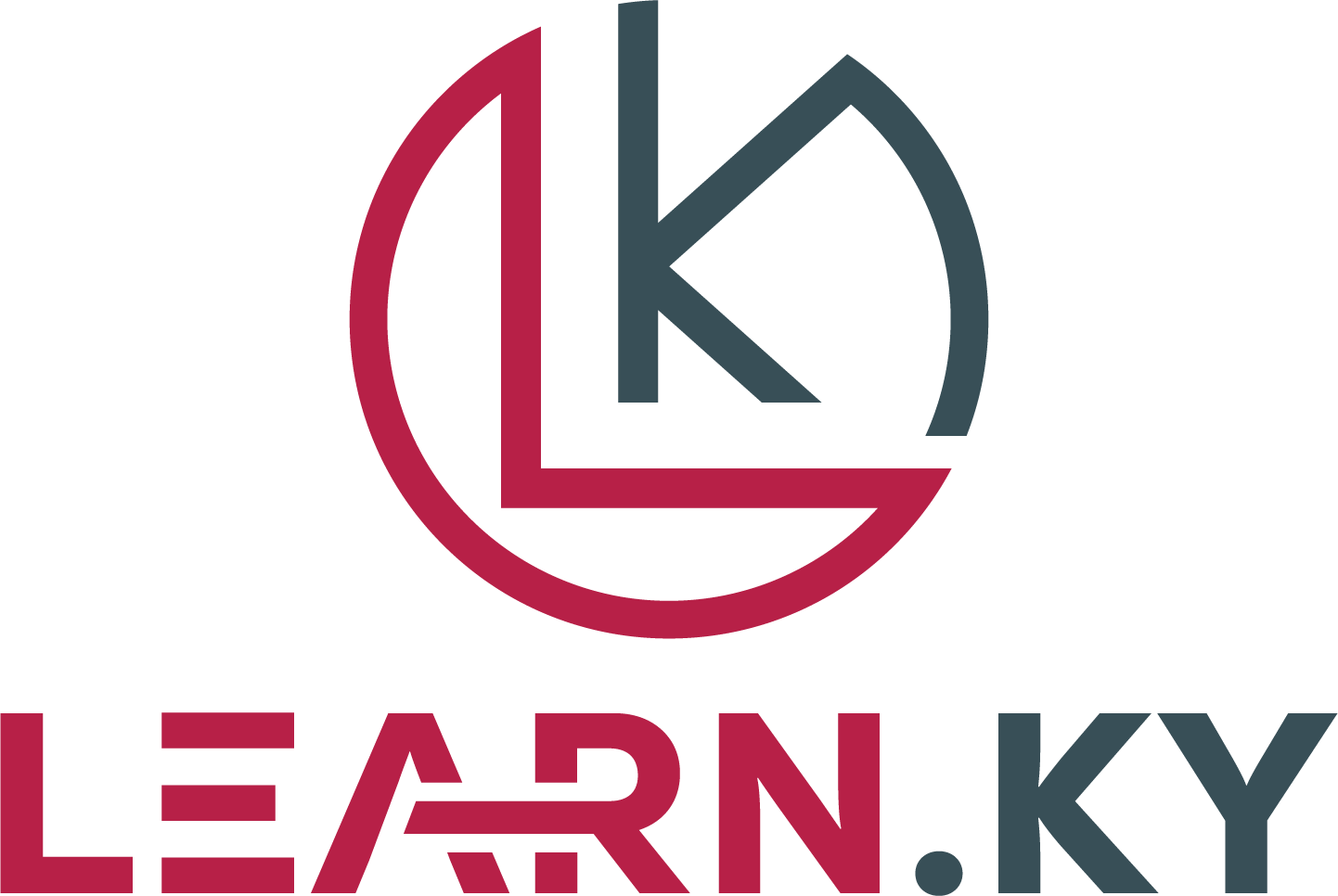The concept of AI-driven assessment involves the use of intelligent algorithms to analyze student performance, generate personalized feedback, and identify areas for improvement. This approach goes beyond the limitations of traditional standardized tests by providing a more nuanced and comprehensive understanding of student abilities and learning trajectories. By leveraging AI, educators can tailor instruction to meet individual student needs, leading to more effective and personalized learning experiences.
One of the key advantages of AI-driven assessment is its ability to provide real-time feedback to students, allowing for immediate course correction and targeted intervention. This can help to prevent learning gaps from forming and ensure that students receive the support they need to succeed. Additionally, AI can analyze vast amounts of data to identify patterns and trends that may not be apparent to human assessors, enabling more accurate and reliable assessment outcomes.
Moreover, AI-driven assessment has the potential to enhance equity and inclusion in education by minimizing bias and discrimination in the evaluation process. Traditional assessments are often plagued by inherent biases that disadvantage certain groups of students, such as those from marginalized communities or with special educational needs. AI algorithms, on the other hand, can be designed to analyze data objectively and provide fair and unbiased assessments that are free from human bias.
Another key benefit of AI-driven assessment is its scalability and efficiency. With the ability to process and analyze large volumes of data quickly and accurately, AI can streamline the assessment process and reduce administrative burden for educators. This enables teachers to focus more on instruction and student support, rather than spending valuable time on grading and assessment tasks.
Despite the promising potential of AI-driven assessment, there are also challenges and ethical considerations that need to be addressed. For instance, there are concerns about data privacy and security, as well as the potential for algorithms to reinforce existing inequalities in education. It is important for policymakers and educators to implement safeguards and ethical guidelines to ensure that AI-driven assessment is used responsibly and ethically.
In conclusion, AI-driven assessment represents a significant opportunity to unlock the full potential of education by providing more personalized, equitable, and efficient assessment experiences. By harnessing the power of AI technology, educators can gain valuable insights into student learning and tailor instruction to meet individual needs. However, it is essential to approach this development with caution and mindfulness, taking into consideration ethical considerations and ensuring that the benefits of AI-driven assessment are realized for all students. As we continue to explore the future frontiers of AI-driven assessment, it is imperative that we remain vigilant in our pursuit of educational innovation and progress.










